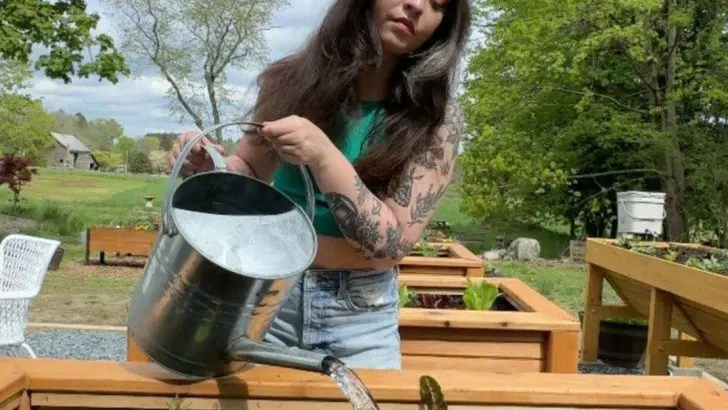Sometimes, it’s not what you plant—it’s what you stop doing that makes the biggest difference.
Whether you’ve just started gardening this year or have had dirt under your nails for decades, chances are, you’re doing a few things that are quietly holding your garden back. Some habits get passed down like “rules,” others come from internet advice that no longer works, and a few just come from doing what’s easiest when time is short.
But here’s the good news: most of these mistakes are easy to fix once you spot them.
From overwatering to pruning at the wrong time, from using the wrong kind of soil to letting weeds trick you—this list breaks down the 17 most common gardening habits that might be costing you time, money, and plant health. And even better, we’ll show you exactly what to do instead.
If your plants aren’t thriving the way they should—or if your garden just feels like more work than it should be—it might be time to stop doing these things. Your flowers, vegetables, and your free time will thank you.
Overwatering Plants
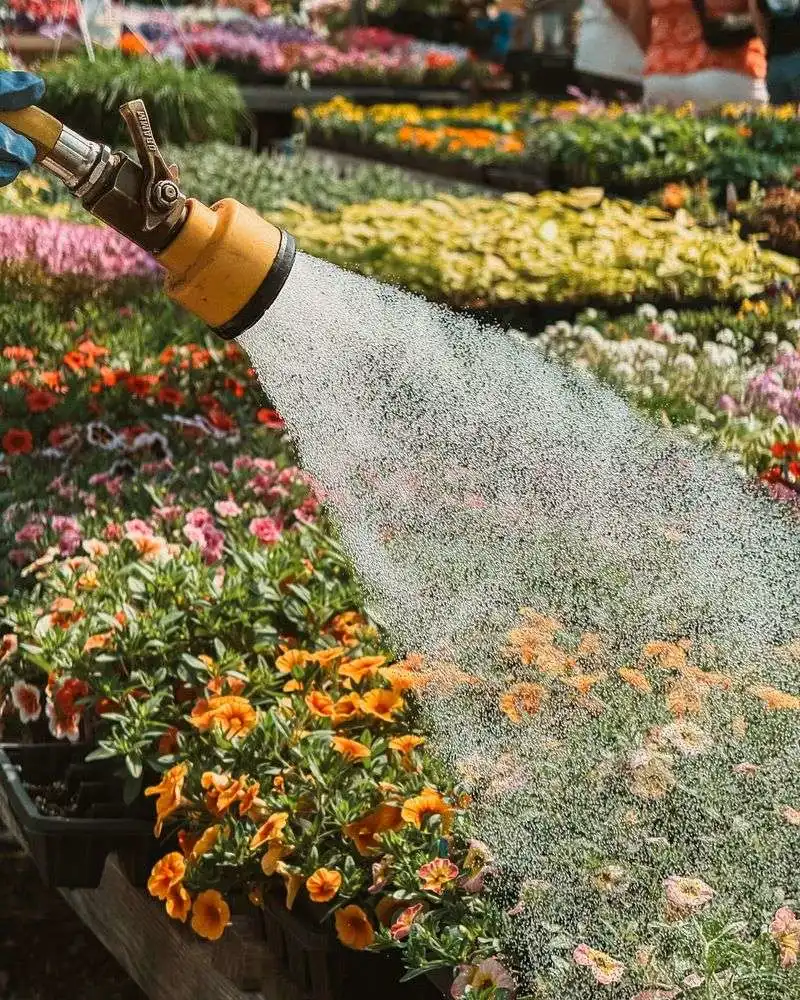
Drowning plants with enthusiasm can lead to root rot. Many gardeners believe more water equals better growth, but soggy soil suffocates roots. The key is balance. Consider your plant’s specific needs and the weather conditions. Check soil moisture before reaching for the hose. If it feels damp, hold off watering. Investing in a moisture meter can prevent overwatering mishaps. Remember, while water is essential, too much can be deadly. You wouldn’t drink soup with every meal, so your plants shouldn’t be swimming all the time either.
Using Chemical Pesticides
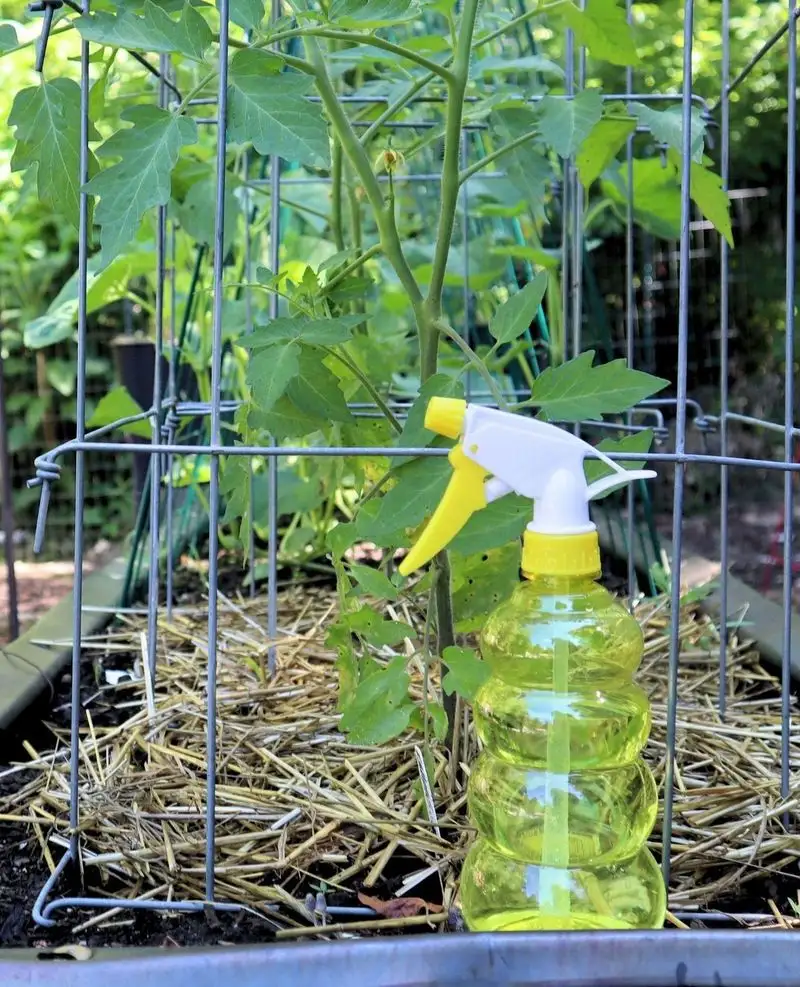
Resorting to chemical pesticides might seem like a quick fix for pests, but it harms beneficial insects and the ecosystem. Opt for natural solutions such as neem oil or introducing predator insects like ladybugs. These methods maintain balance without toxic residues. Imagine your garden as a small community; balance is essential. Consider companion planting to naturally deter unwanted guests. By reducing chemical usage, you’re contributing to a healthier environment for both plants and pollinators.
Ignoring Soil Health
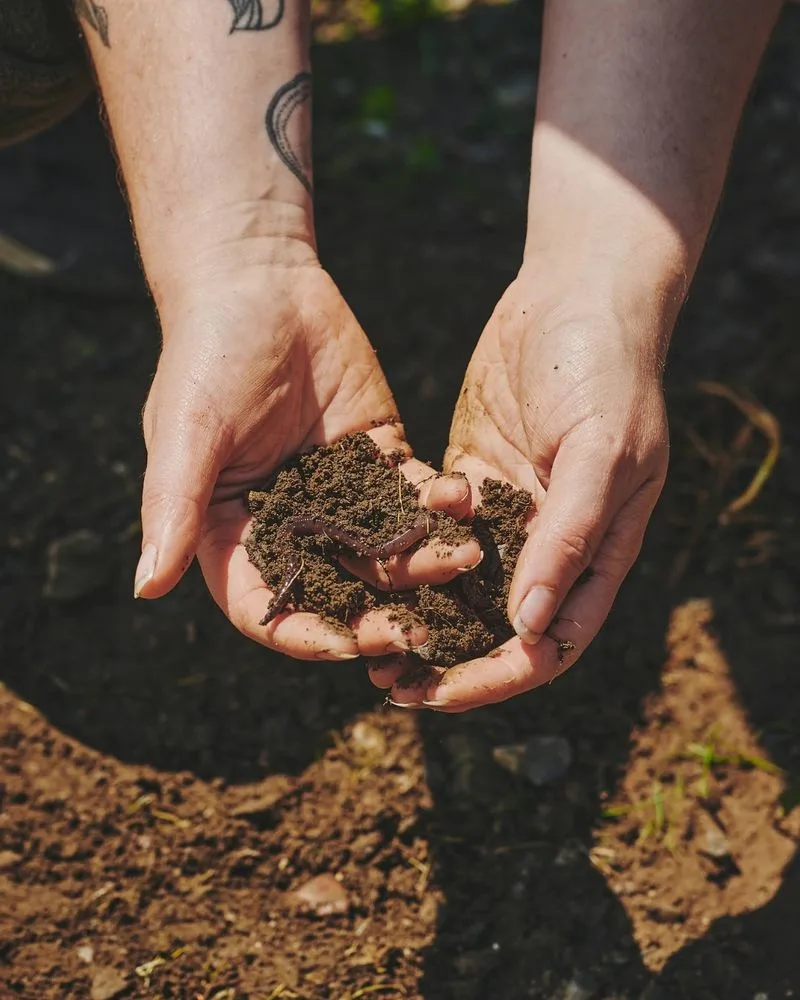
Soil is the foundation of a thriving garden, yet it’s often overlooked. Neglecting soil health can stunt plant growth and diminish yields. Regularly test your soil to understand its pH and nutrient content. Amending it with organic matter like compost improves its structure, promoting water retention and root growth. Think of soil as the bedrock of your garden’s success. It’s not just dirt; it’s a living ecosystem that needs nurturing. Healthy soil leads to robust plants and bountiful harvests.
Planting Without Planning
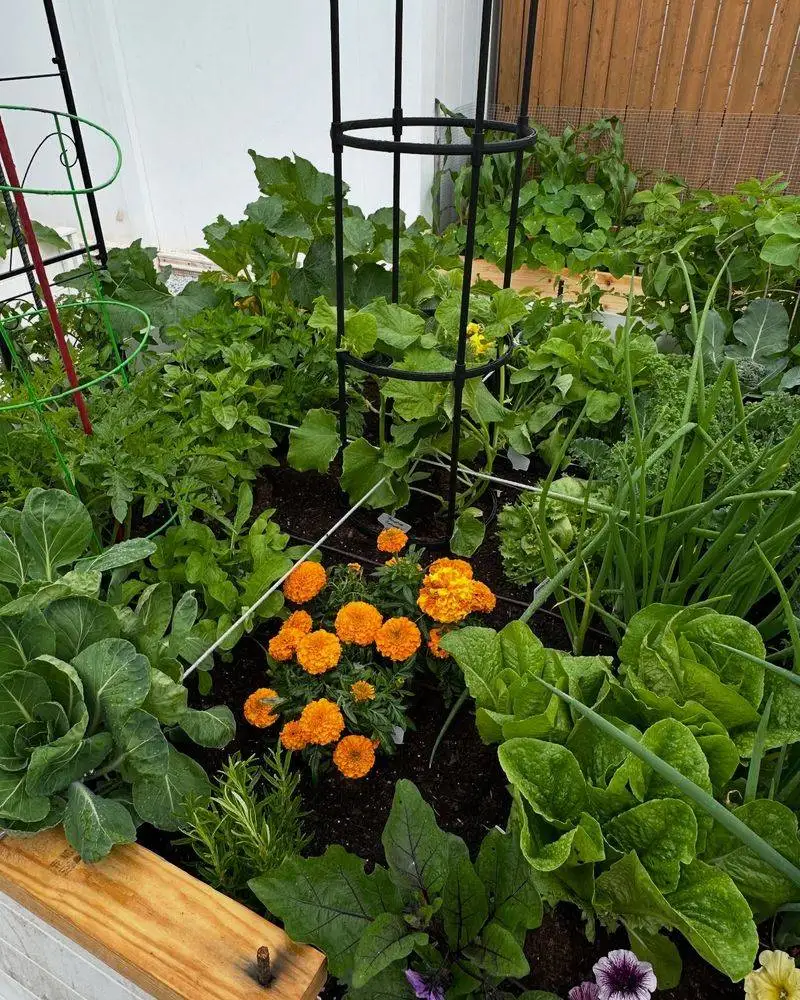
Venturing into gardening without a plan can result in overcrowded beds and stressed plants. Before planting, sketch a layout that considers sunlight, plant size, and growth habits. Proper spacing allows for air circulation, reducing disease risk. Think of your garden as a puzzle where each piece has its place. A little foresight can save you time and disappointment. It’s not just about tossing seeds; it’s creating a harmonious landscape where each plant has room to shine.
Neglecting Mulching
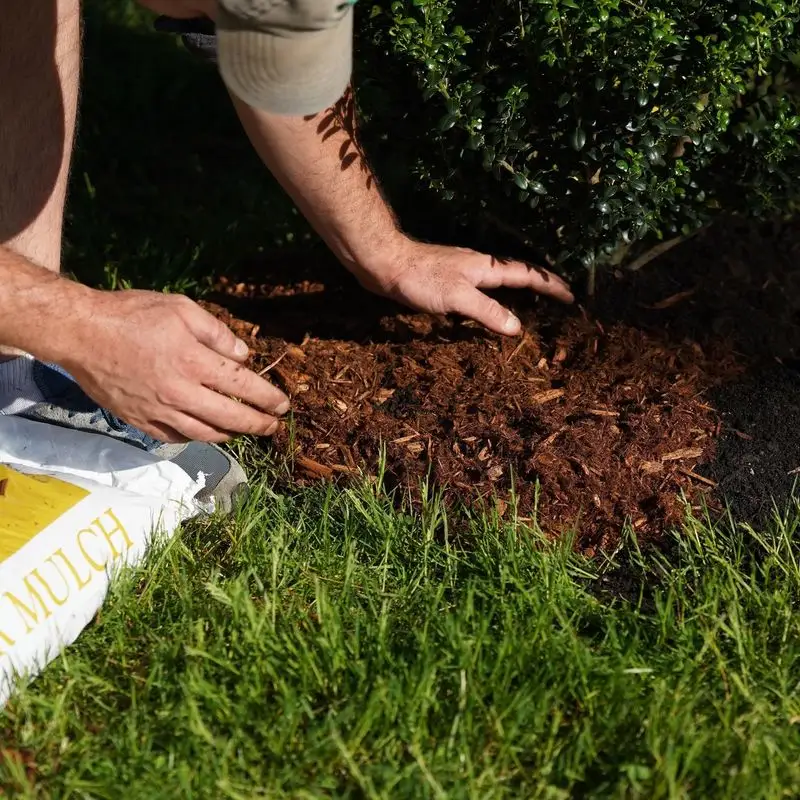
Mulching is a garden’s unsung hero, yet it’s frequently neglected. It conserves moisture, suppresses weeds, and enriches the soil as it decomposes. Choose organic mulches like straw or wood chips that break down over time. Visualize mulch as a cozy blanket, keeping your plants snug and nourished. It’s a simple step that reaps significant rewards. If you skip mulching, you might find yourself battling weeds or watering more often. Give your garden the protective layer it deserves.
Pruning Incorrectly
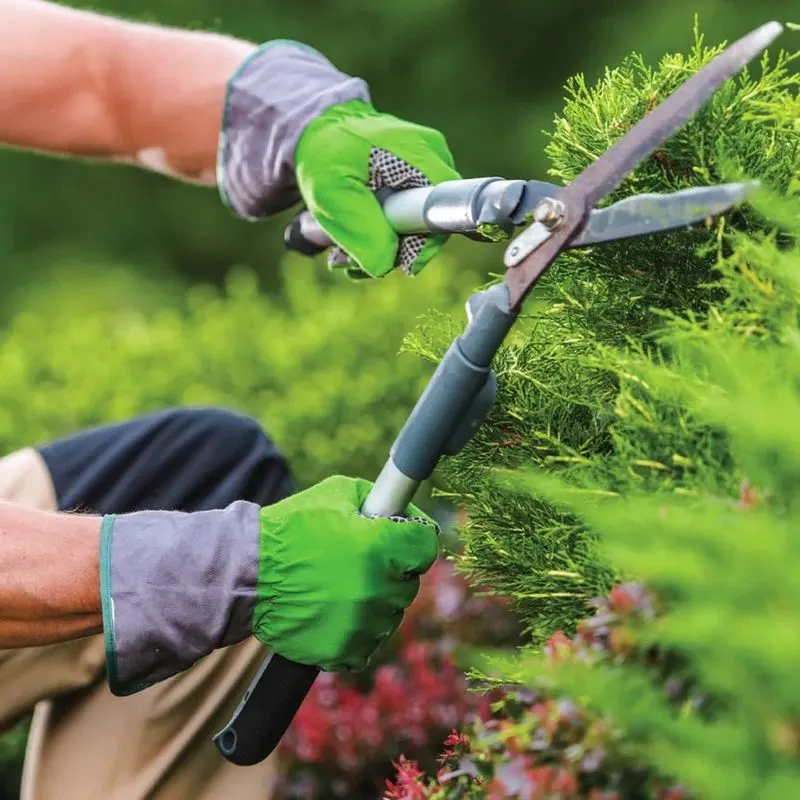
Improper pruning can do more harm than good, leading to unsightly growth and stressed plants. Understanding each plant’s needs and timing is crucial. For instance, pruning certain shrubs in winter can damage them. Learn the right techniques and seasons for each species in your garden. Picture pruning as a form of guidance, shaping your plants’ future. Done correctly, it encourages healthy growth and blooms. Hasty cuts can be detrimental, so take the time to prune with precision and care.
Ignoring Pollinators
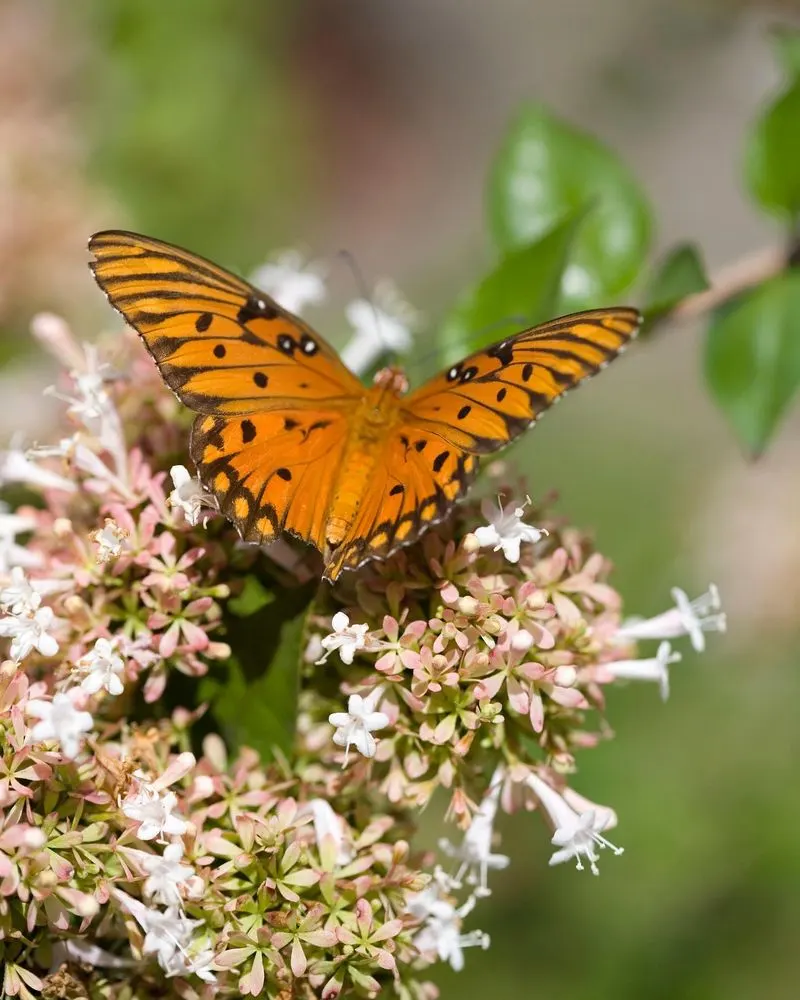
Pollinators are vital to gardens, yet often go unnoticed. By attracting bees, butterflies, and hummingbirds, you ensure plant reproduction and a thriving ecosystem. Plant a variety of flowers to provide nectar throughout the year. Think of pollinators as your garden’s little helpers, working tirelessly behind the scenes. Without them, many plants wouldn’t produce fruit or seeds. Create habitats that invite these essential visitors. A garden flourishing with pollinators is vibrant and lively.
Ignoring Plant Labels
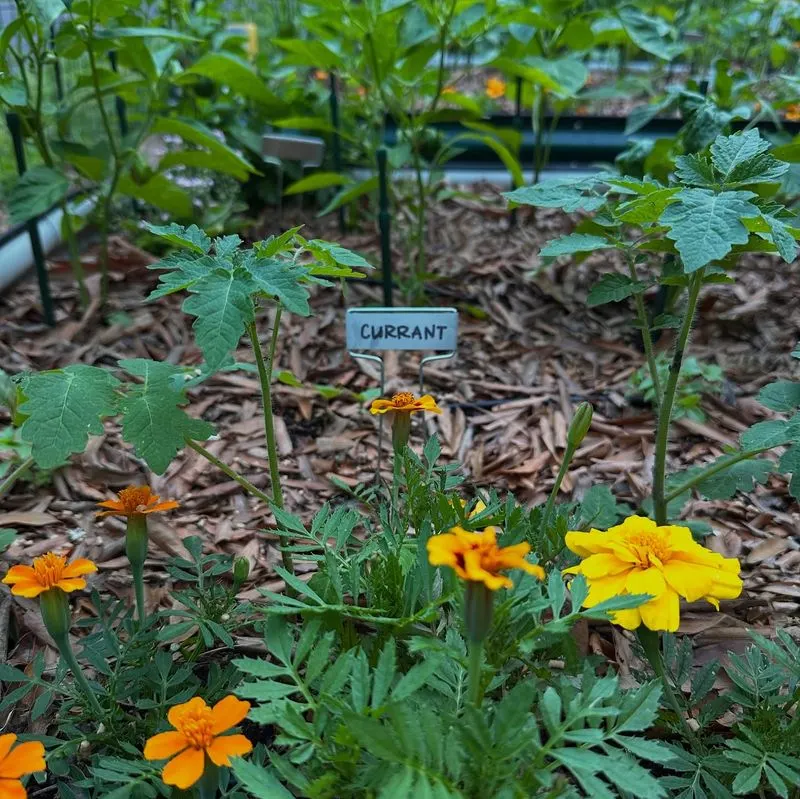
Overlooking plant labels can lead to unintentional gardening disasters. These labels hold vital information about plant care, including sun exposure, watering needs, and growth patterns. Think of them as the instruction manuals for your plants. Before purchasing, make sure you have the right environment for each species. Ignoring these guidelines can result in mismatched conditions and unhealthy plants. Knowledge is power; understanding plant requirements leads to a thriving garden.
Crowding Plants

Cramming plants too closely might seem space-efficient, but it stifles growth and invites disease. Each plant needs room to breathe and access sunlight. Imagine sharing a cramped room—uncomfortable, right? Give your plants the space they deserve to thrive. Proper spacing ensures healthy air circulation and reduces the risk of fungal infections. When designing your garden, consider the mature size of plants to avoid future overcrowding. A spacious garden is a happy garden.
Relying Solely on Fertilizers

While fertilizers provide nutrients, relying solely on them overlooks the importance of soil biology. Fertilizers can sometimes lead to nutrient imbalances and environmental issues. Instead, focus on enriching the soil with organic matter. Composting kitchen scraps and garden waste creates a natural, nutrient-rich amendment. Picture fertilizers as a quick snack, while organic matter acts as a balanced meal. Combining both methods supports sustainable plant growth and a more resilient garden.
Leaving Weeds Unchecked
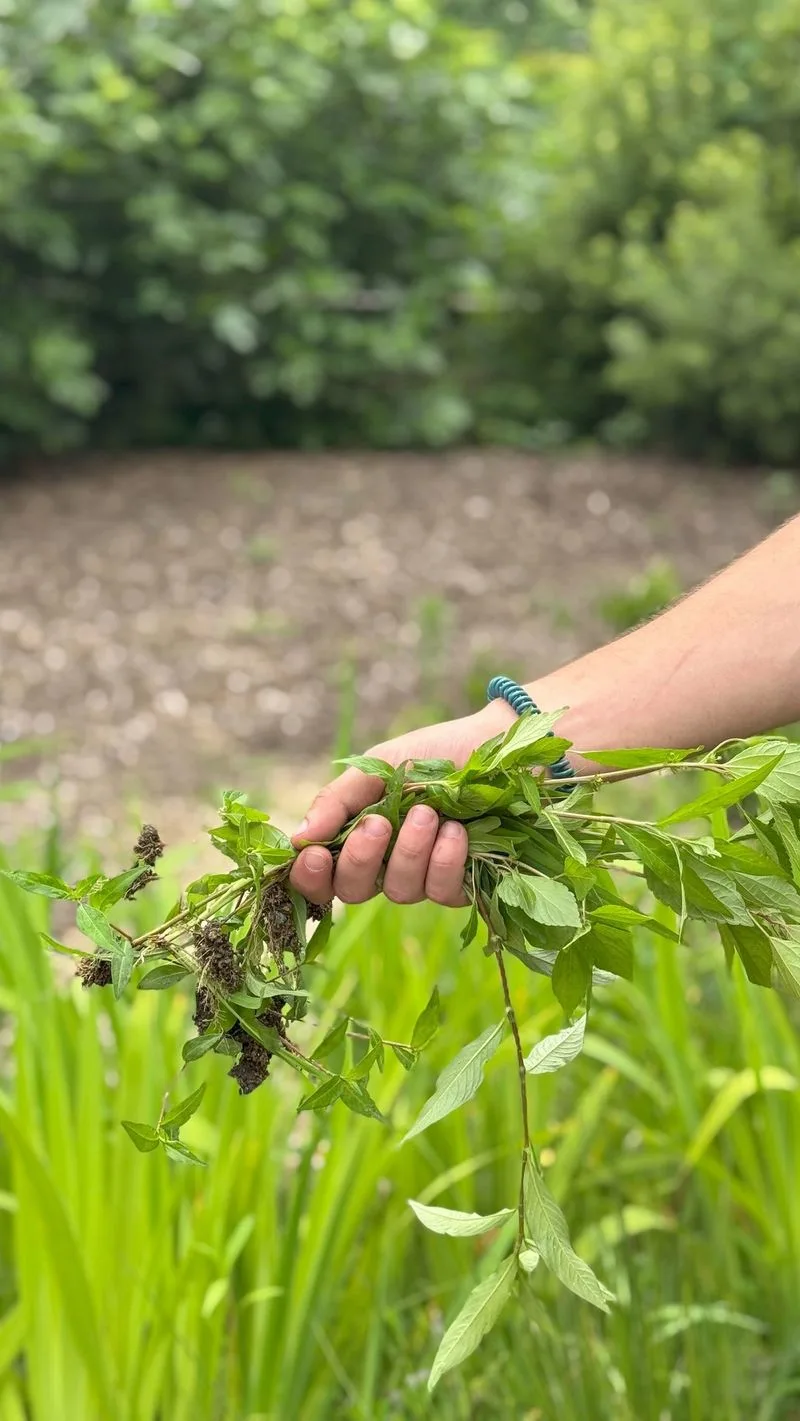
Allowing weeds to run rampant can quickly turn a garden into chaos. These aggressive competitors steal nutrients, water, and sunlight from your plants. Regular weeding is essential to maintain a healthy garden environment. Think of weeds as uninvited guests at a party, consuming resources meant for others. By keeping them in check, you ensure your plants have the best chance to flourish. Consistency is key; tackle weeds before they establish a stronghold in your garden.
Ignoring Seasonal Changes
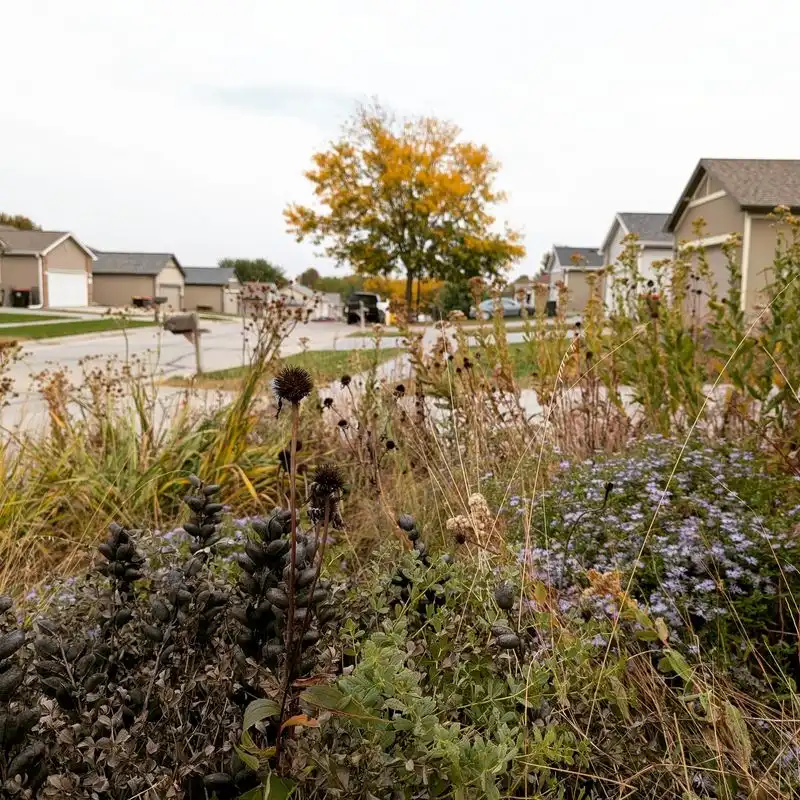
Not adapting gardening practices to the seasons can harm plant health. Each season brings unique challenges, from summer’s heat to winter’s frost. Adjust watering, mulching, and plant care according to the weather. Think of your garden as an ever-changing stage, with each season playing a distinct role. Embrace these transitions, and you’ll keep your plants thriving. Being attuned to the seasons helps you anticipate potential issues and adapt accordingly, ensuring a resilient garden.
Ignoring Companion Planting
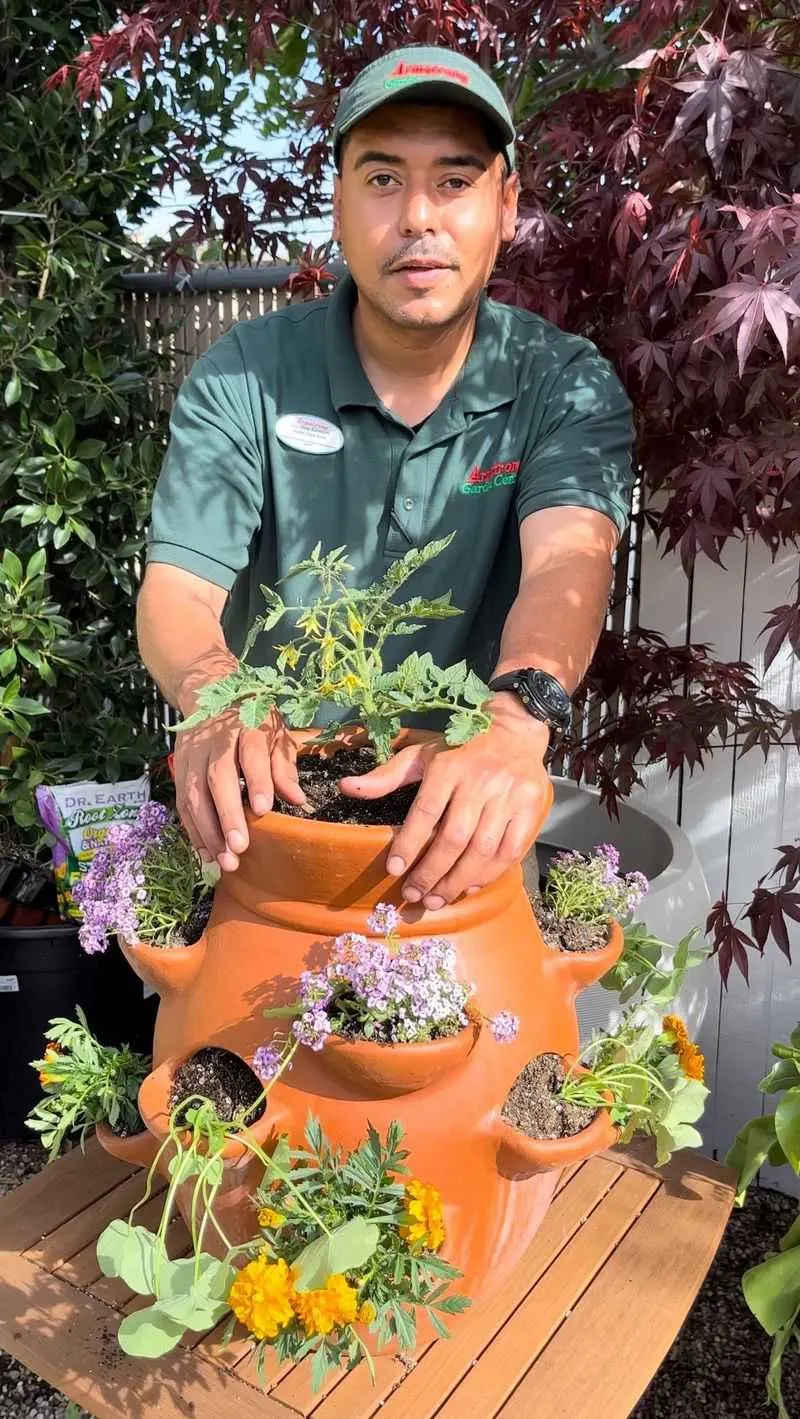
Companion planting is an age-old strategy that enhances garden health and productivity. Certain plant combinations deter pests, enhance growth, and improve flavors. Imagine a garden where plants work together harmoniously, each contributing to the ecosystem. Ignoring this practice means missing out on natural pest control and improved yields. Explore combinations like tomatoes with basil or carrots with onions. Companion planting is a testament to the benefits of diversity, turning your garden into a vibrant community.
Watering at the Wrong Time
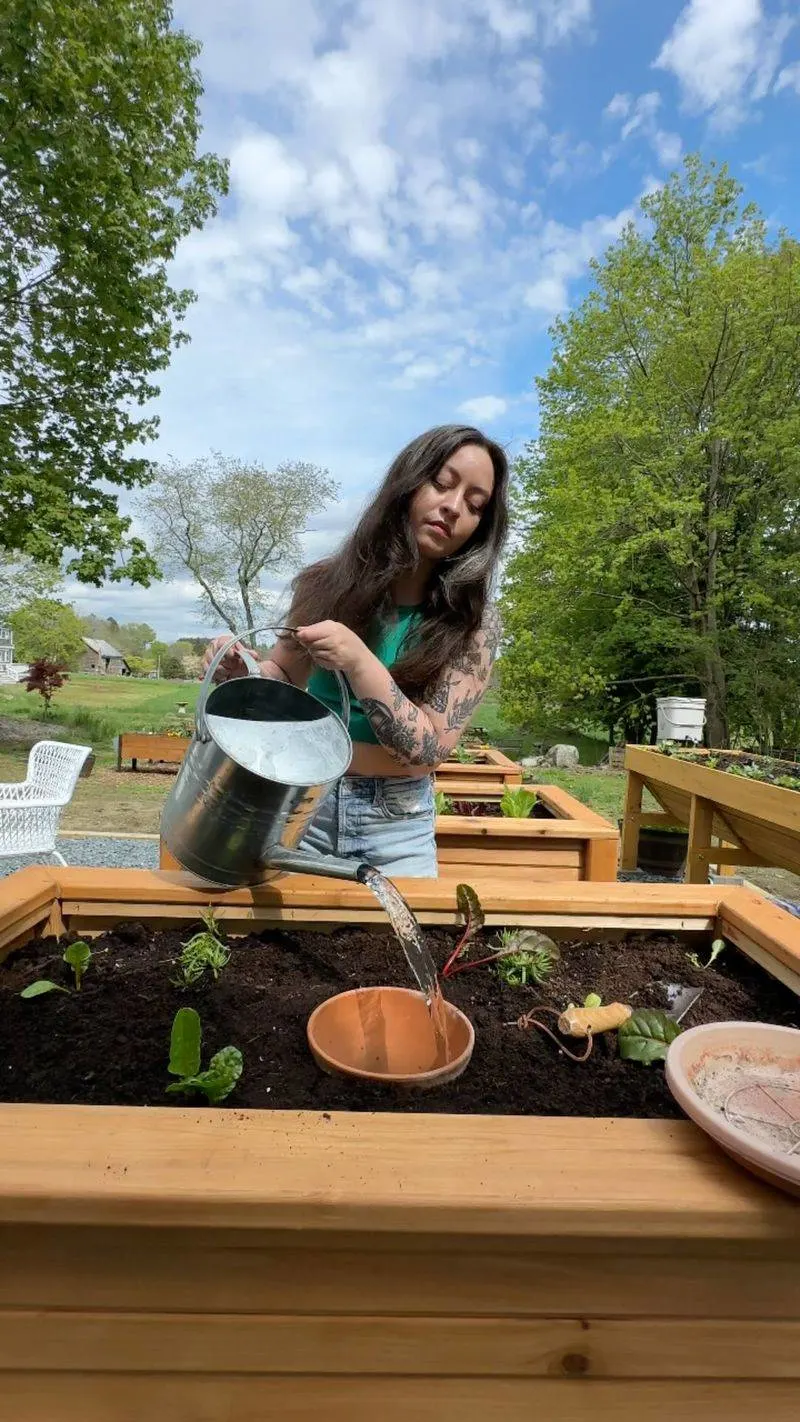
Timing is everything when it comes to watering. Watering during the heat of the day leads to evaporation and can scorch plants. Early morning or late afternoon is ideal, allowing water to soak into the soil. Consider watering like scheduling an important meeting; timing matters. Irregular watering can stress plants and reduce their resilience. Establish a routine that suits your garden’s needs, ensuring each plant receives adequate hydration. Smart watering practices contribute to a thriving and sustainable garden.
Neglecting Garden Tools
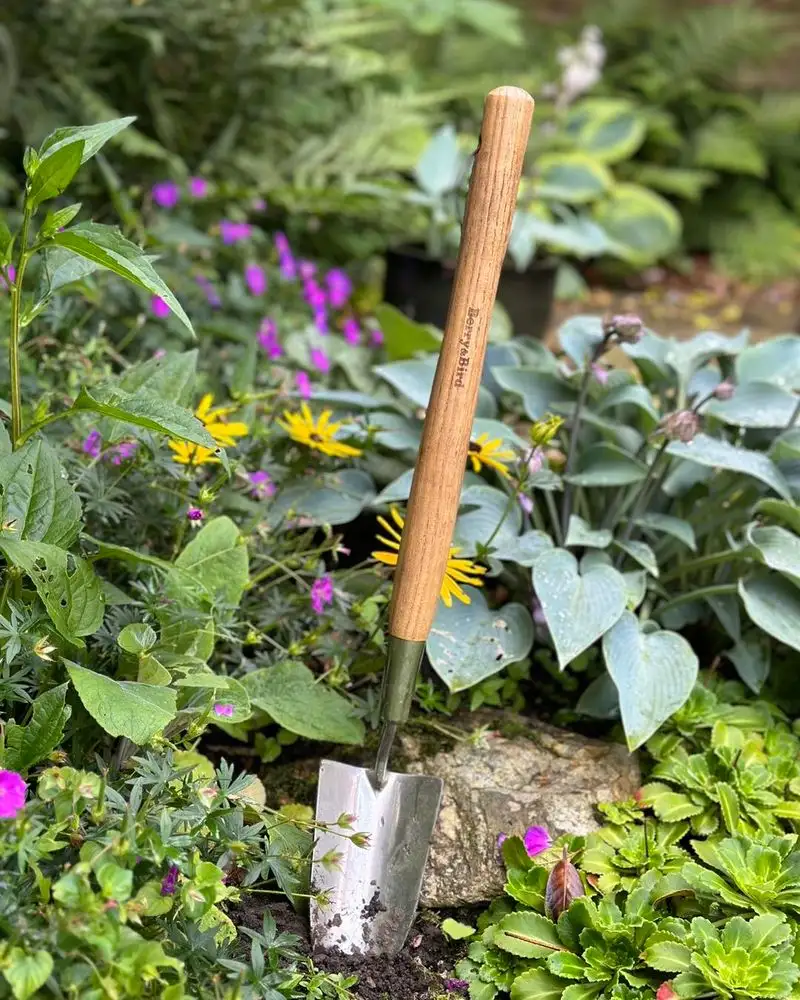
Overlooked tools can hinder gardening efficiency and even damage plants. Regular maintenance, like cleaning and sharpening, extends their lifespan and effectiveness. Think of tools as extensions of your hands; well-cared-for tools lead to better results. Invest some time in upkeep, and you’ll save effort in the long run. Imagine trying to paint with a frayed brush—frustrating! Proper tool care ensures a smooth gardening experience and prevents accidental harm to your plants.
Overlooking Native Plants
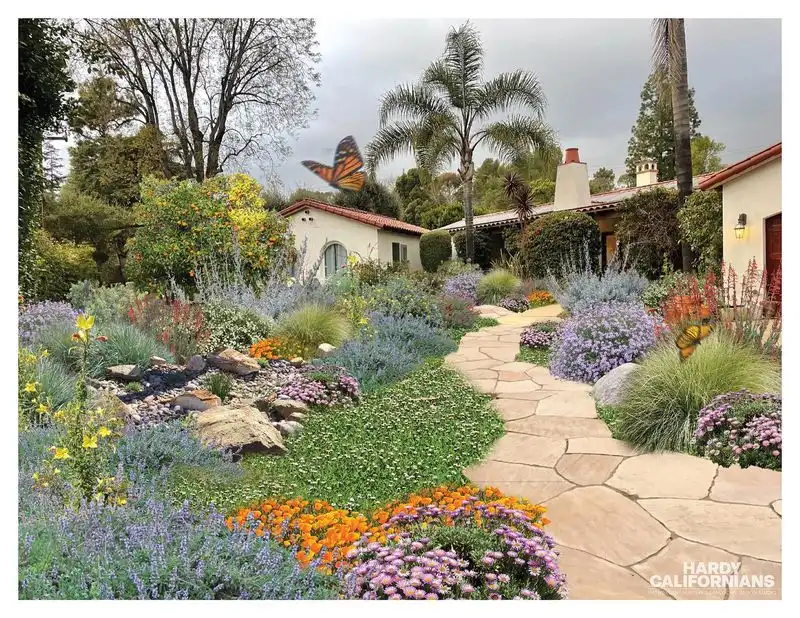
Native plants are adapted to local climates and soils, offering low-maintenance beauty and ecological benefits. Yet, they’re often overshadowed by exotic species. Embrace local flora to support wildlife and reduce resource use. Picture a garden that thrives with minimal intervention, showcasing the beauty of nature. By choosing native species, you contribute to biodiversity and create habitats for local fauna. A garden rooted in its environment is a celebration of its unique landscape.
Not Rotating Crops
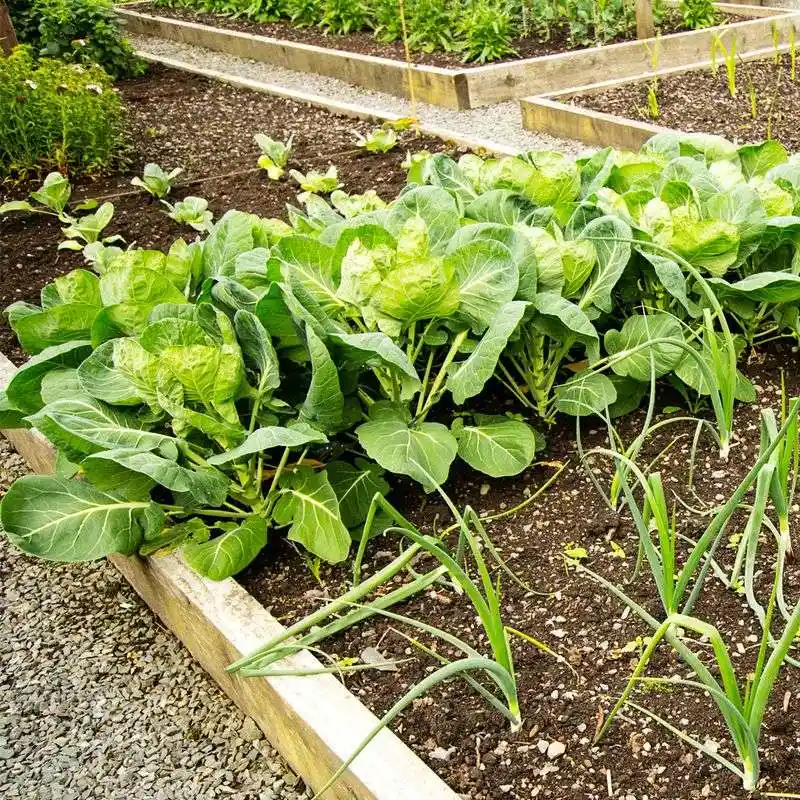
Repeatedly planting the same crops depletes soil nutrients and increases disease risk. Crop rotation is a simple method to rejuvenate soil and prevent pest build-up. Visualize a garden that renews itself each year through diversity. By rotating crops, you disrupt pest cycles and improve soil health. It requires planning but pays off in abundant harvests. Each plant family has unique nutrient needs, so switching them keeps the soil balanced. A thoughtful rotation schedule enhances your garden’s vitality.

